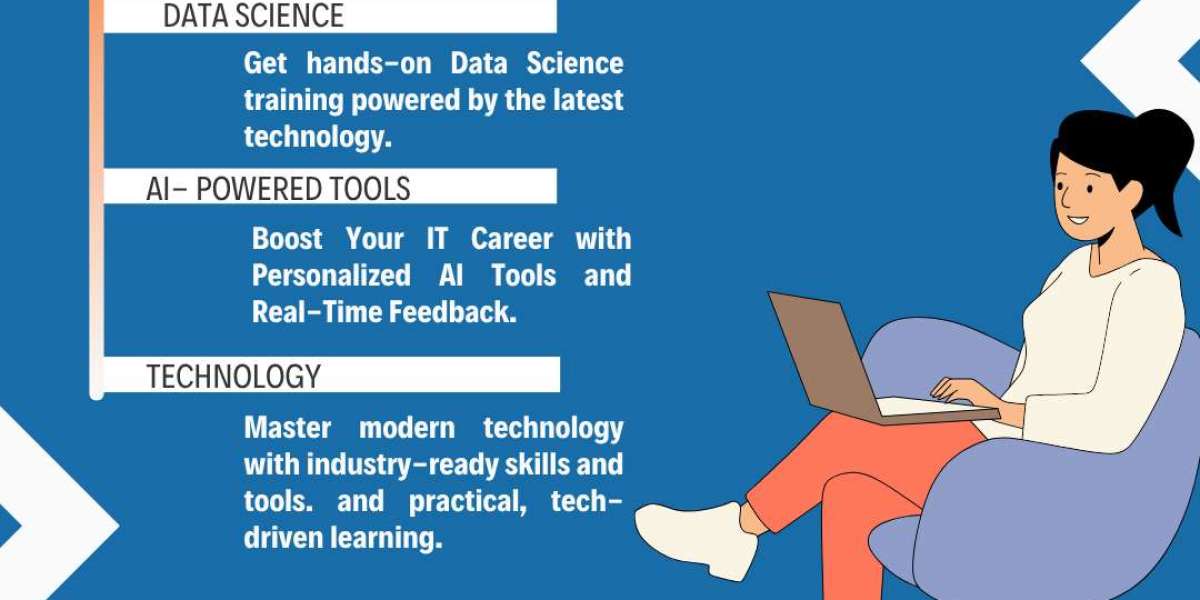Alexander Casino is a popular online casino that offers a wide variety of games and promotions to its players. Should you beloved this post as well as you desire to get more info regarding promotions en cours generously go to our web site. Founded in 2015, the casino has quickly become one of the most trusted and respected online casinos in the industry.
One of the key features of Alexander Casino is its impressive selection of games. The casino offers over 500 different games from top software providers such as Microgaming, NetEnt, and Playtech. These include a wide variety of slots, table games, video poker, and specialty games like keno and bingo.
In addition to its games, Alexander Casino also offers a number of promotions and bonuses to help players boost their bankrolls. For example, new players can take advantage of the casino's welcome bonus, which offers up to 200% on their first deposit. The casino also offers ongoing promotions such as cashback, free spins, and match bonuses.

Alexander Casino is fully licensed and regulated by the Malta Gaming Authority, which ensures that players can safely and securely enjoy the casino's games and promotions. The casino also uses top-of-the-line security measures to protect player information and ensure that all transactions are processed quickly and securely.
Overall, Alexander Casino is a top-notch online casino that offers a wide variety of games and promotions to its players. Whether you're looking for a place to play your favorite slots or take advantage of some great bonuses, Alexander Casino is definitely worth checking out.



